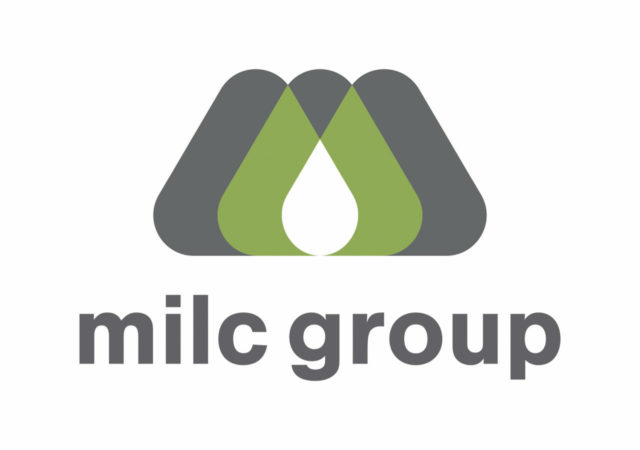Since my arrival at Utah State University last August, I have been putting together a statewide bulk tank milk culture survey for detection of mycoplasma mastitis. It has now been funded, and the project will take place, probably during the spring or summer of 2007. Many Utah dairy producers are signing up for participation in the project. However, I want to contact as many of the 291 dairy producers in Utah as possible to encourage all to participate. Notice of the study, eligibility and other details include:
•Participation by Utah dairy producers milking cows or goats in this mycoplasma diagnosis and reduction program is on a strictly voluntary and confidential basis.
•The bulk tank milk cultures and follow-up visits to the farm, if desired, are at no charge to Utah dairy producers.
•Mycoplasma is an infection that causes one of the most expensive types of mastitis on a per-case basis, and it can also cause pneumonia and arthritis of dairy cattle. Sometimes it produces no clinical signs except major loss of milk production. However, it can also result in death of cows or major clinical signs such as poorly responsive mastitis.
•Standard culture of milk for typical bacteria will not detect mycoplasma. Special diagnostic media, incubators and laboratory capabilities are required to diagnose this intramammary pathogen. Preliminary information indicates it is a serious problem in some Utah dairy herds. Utah has never been included in any survey of mycoplasmal mastitis prevalence. Data from some surrounding states suggests this part of the country has the highest percentage of infected herds in the U.S., nearly 10 percent.
•Mycoplasma is not a human health concern. It is not a reportable disease, and all results will be kept confidential. Identity of herds in this study will be unknown to me and the other participants doing the research.
•If participation is acceptable to you, the business through which you ship milk will save for me a sample of bulk tank milk from each bulk tank on your farm collected at 3- to 4-day intervals for a total of five samples per tank per farm, over approximately 15 days. The samples (with coded ID’s) will be tested for mycoplasma mastitis. Cheese makers, independent producers and producer-dealers who do not sell their milk through a co-op or proprietary handler may directly sign up for participation if they wish at no charge also.
If all five samples are negative, the probability that your herd is truly uninfected is 97 percent. If one or more samples are positive, the probability that your herd is infected is 100 percent. References for these numbers are available upon request.
Every dairy producer milking cows or goats in Utah should already have received at least one mailing or one contact from their milk buyer to ask about signing up for this project. Independent producers, cheese makers and producer-dealers are being contacted directly as of late March 2007. PD




